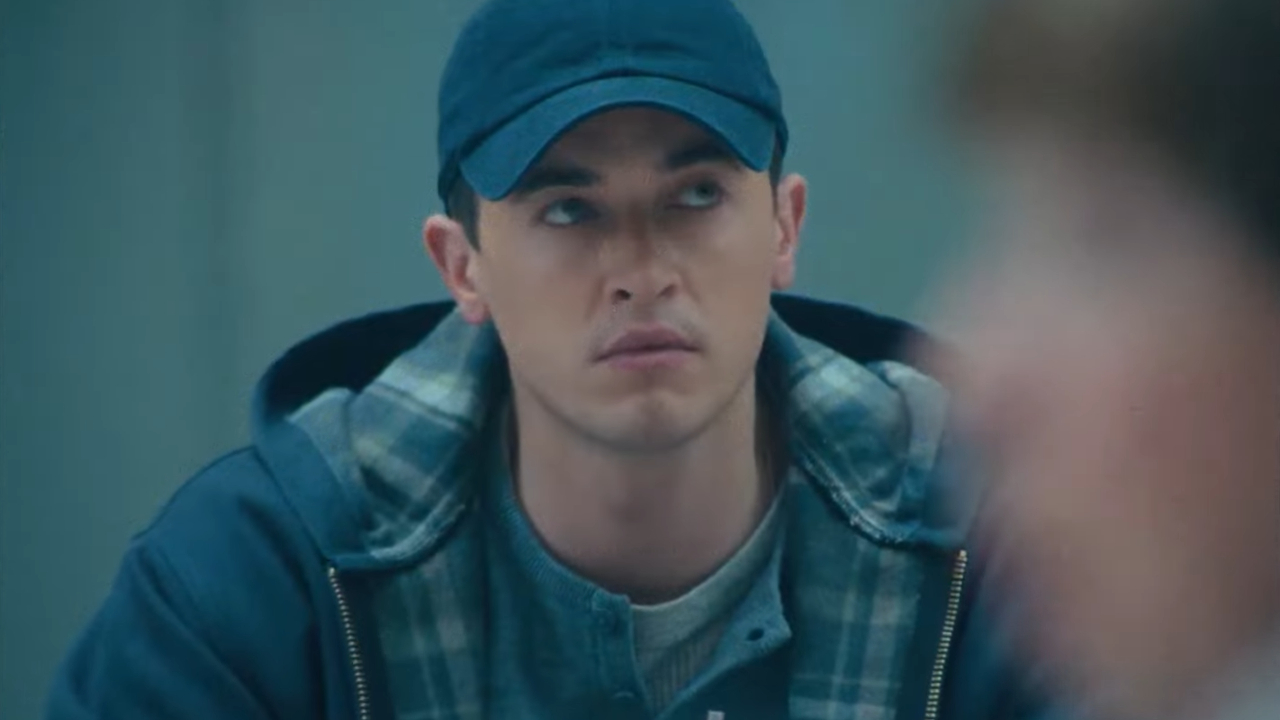Why The Magnificent Seven Doesn't Use Racial Slurs Like Quentin Tarantino's Westerns

Few screenwriters mirror Quentin Tarantino. There's a reason the beloved filmmaker has two Oscar wins, and they are both for screenwriting (for Pulp Fiction and Django Unchained). But other directors tackling Westerns -- from contemporary ones like Hell or High Water to revisionist classics like The Magnificent Seven -- know that they can't crib from QT's approach to the genre... and some have no desire to walk down Tarantino's path, specifically. Director Antoine Fuqua opened up about the language Quentin Tarantino uses in his Westerns -- specifically the overuse of the N-word -- and why you don't hear it in the new Magnificent Seven, saying:
For me, what's the point of it? To degrade a person? You can call somebody an asshole. Does it have to be a word to degrade their race? To identify someone that way, it's such an ugly word. What's the point of it? And it's interesting, if you don't do it -- if you succeed with the characters and the story and tell a good, entertaining movie -- in a weird way, people forget. You walk out, 'Oh that's right, he was black, or Asian.' As far as your experience with the story, as long as it has something specific to do with that thing, then what's the real point? Because it's an ugly word and none of us want to hear it. I certainly don't want to hear it. Denzel doesn't want to hear it. So why would we have to go to the set every day and make a movie and hear that ugly word when we are making a movie about guys who do the right thing? Where does that fit in?
What it boils down to is a matter of preference, and I have to say, I side with Antoine Fuqua on this one. Racial slurs are ugly, and they easily can be replaced by similar words that convey the same sentiment without zeroing in on race. "Asshole" can be substituted for the N-word in any screenplay, and the message (usually) will remain the same... unless a screenwriter wants a racial subtext to be present.
But what I really get, when it comes from an African-American filmmaker with an African-American leading man, is, "Why would they subject themselves to this on a daily basis while making a movie?" It's like wearing the heavy burden of an offensive word day in, and day out. And for what? This is a fair question I'd love to present to Samuel L. Jackson and Jamie Foxx, each of whom happily signed up for Quentin Tarantino's Django Unchained, leading the former to scenes like this:
But of course, it's a matter of taste, and seeing as how Quentin Tarantino won Oscars for his dialogue, it seems like several people love his scripts. Where do you fall on the issue? Do you side with QT? Or do you think Antoine Fuqua has a point?
Your Daily Blend of Entertainment News

Sean O’Connell is a journalist and CinemaBlend’s Managing Editor. Having been with the site since 2011, Sean interviewed myriad directors, actors and producers, and created ReelBlend, which he proudly cohosts with Jake Hamilton and Kevin McCarthy. And he's the author of RELEASE THE SNYDER CUT, the Spider-Man history book WITH GREAT POWER, and an upcoming book about Bruce Willis.
